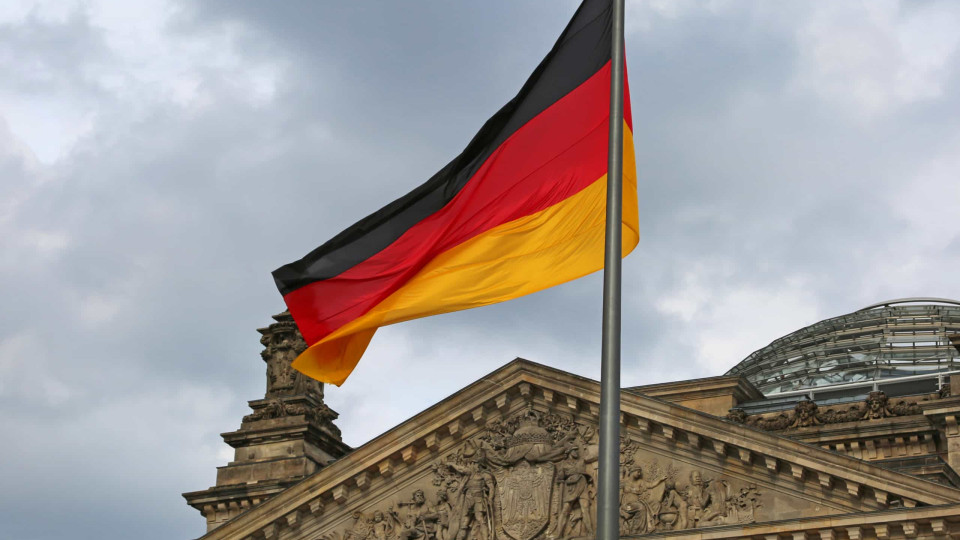Germany: ‘Pro-Russia’ disinformation campaigns cloud election year
Pro-Russian disinformation campaigns in Germany have been increasing in recent months, worrying the government as the country prepares for European and three regional elections in the autumn.

© Shutterstock

Mundo Europeias
The year started with the executive led by Olaf Scholz reporting a pro-Russian disinformation campaign carried out on the social network X (formerly Twitter). The information, revealed at the end of January, reported an attack focused on Berlin's support for Ukraine involving more than 1 million publications.
Through thousands of fake accounts, the messages suggested that the government was neglecting the needs of Germans as a result of its support for Ukraine, both with weapons and goods, and in welcoming refugees.
The German Foreign Ministry, which commissioned the study after suspecting it was being targeted by "bots", said, according to the Guardian newspaper, that it was necessary to face the growing number of disinformation campaigns and recognize the effect they can have on elections.
At the end of March, Ralf Beste, the head of the Culture and Communication department of the German Foreign Ministry, confessed to the Financial Times that these campaigns are a threat that must be "taken seriously", registering an "increase in sophistication and impact".
"There is probably a lot that is happening that we cannot even see. More and more conversations are happening in private, on channels such as Telegram, WhatsApp. It is very difficult to understand what is going on there", pointed out Beste, who has a team in his department dedicated to tracking and preventing Russia's disinformation operations.
Germany is one of the main targets of Russian disinformation campaigns, as it is the country in Europe that provides the most aid to Ukraine.
In March, the Kremlin released the content of a confidential conversation between high-ranking German officials. A 38-minute recording published on the Russian state network RT and later confirmed by the German government.
In the audio, four officials could be heard discussing the hypothetical export of Taurus missiles to Ukraine and how they could be used to attack Russian infrastructure.
"It is a hybrid disinformation attack", revealed Defense Minister Boris Pistorius.
"It is about dividing, undermining our unity (...) We must not fall into Putin's trap", he added.
At the center of the suspicions of several disinformation campaigns is the far right, which uses social networks, especially TikTok, to pass on short political messages.
Maximilian Krah, MEP and head of the Alternative for Germany (AfD) list for the European elections, one of the most followed German politicians on this platform, was forced to deny allegations that he had accepted money to spread pro-Russian positions on a news page funded by Moscow.
He is being investigated for suspicious links to Russia and China after his aide was arrested in late April for allegedly spying for China.
Krah himself was also a victim of "fake news", after a website that copied the newspaper "Bild" reported that the candidate owed his eight children more than 86,000 euros in alimony.
In addition to the themes of the war in Ukraine, migration and climate-related policies are also used to produce false news.
Read Also: Several countries send a letter to Israel against the attack on Rafah (Portuguese version)

Descarregue a nossa App gratuita.
Oitavo ano consecutivo Escolha do Consumidor para Imprensa Online e eleito o produto do ano 2024.
* Estudo da e Netsonda, nov. e dez. 2023 produtodoano- pt.com



